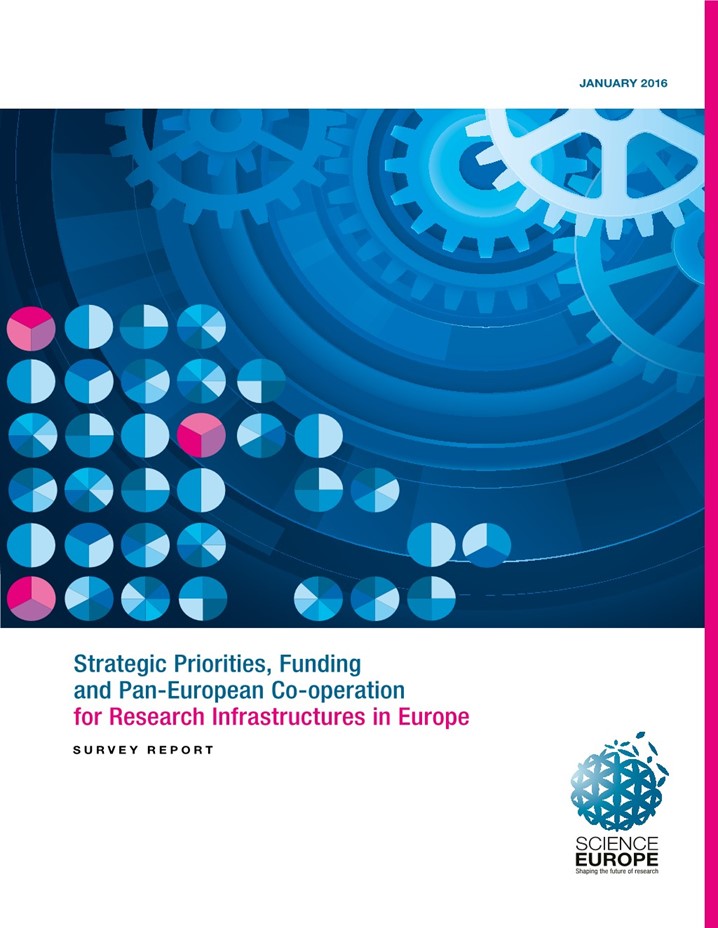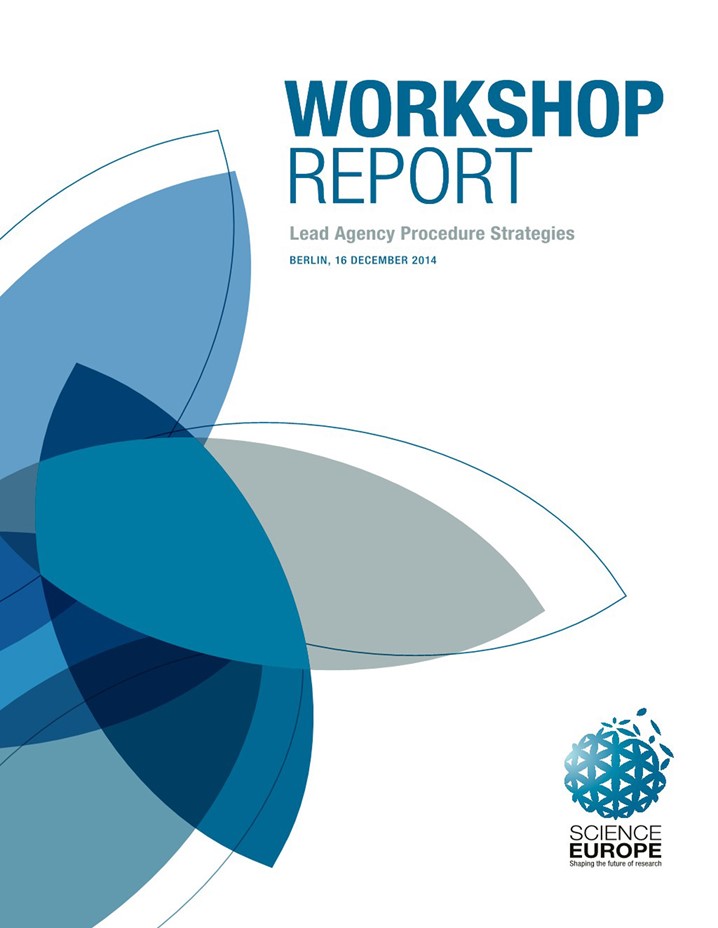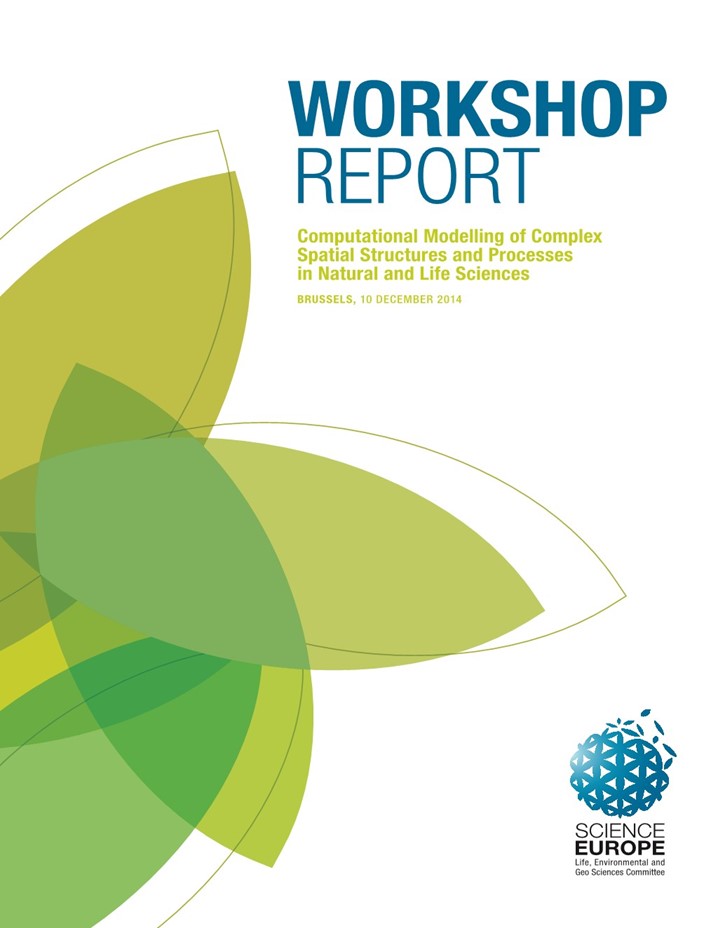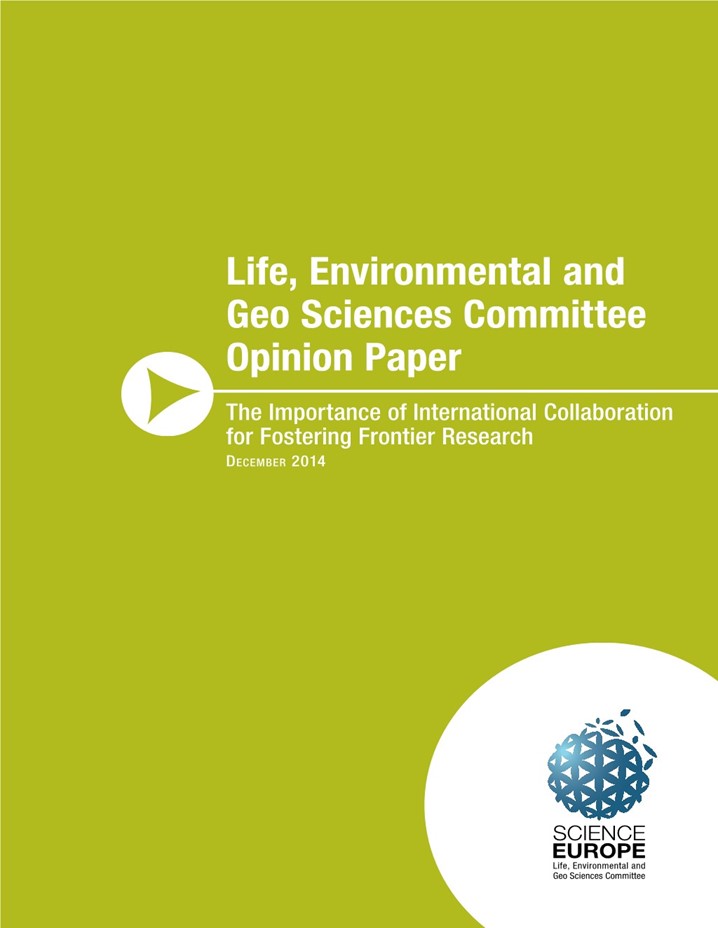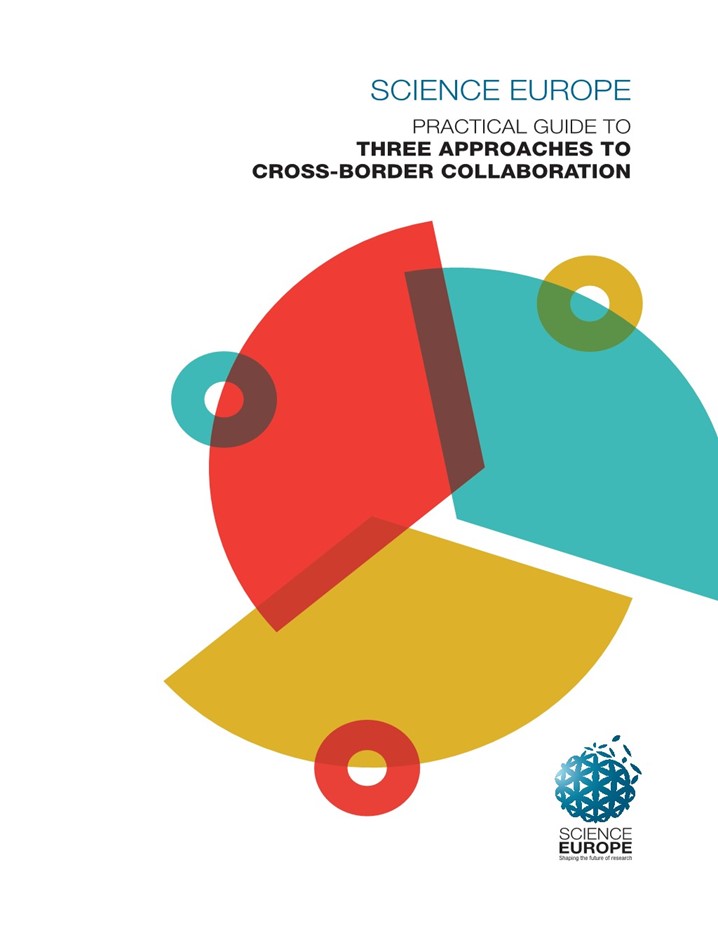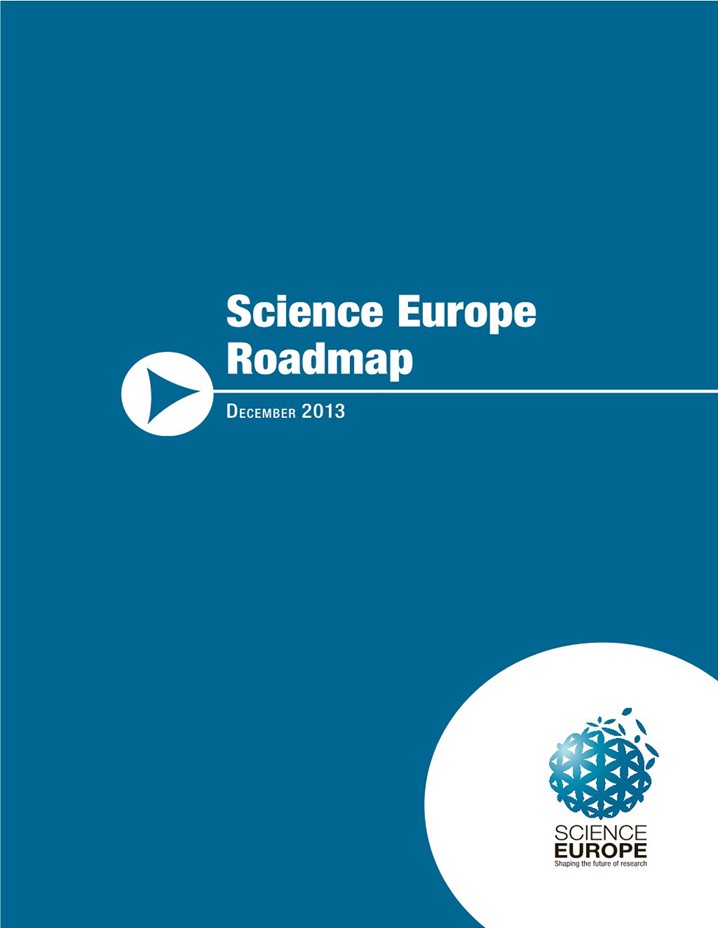Member-only content is available on this page. Please log in to view this content.

Our resources
Discover Science Europe’s comprehensive library of resources, including the most recent publications, briefings, and position statements.
31 resource(s) found
Strategic Priorities, Funding and Pan-European Co-operation for Research Infrastructures in Europe
The demand for Research Infrastructures is high throughout all fields of science. However, the available funds for capital investment and running costs are generally limited and do not nearly meet the demand. Effective allocation of available funds and effective operation of facilities is therefore important in order to serve the scientific community in the best possible way.
Lead Agency Procedure Strategies
This report analyses the underlying preconditions and efficiency of Lead Agency Procedure (LAP), based on the evidence available from the many LAP partnerships among Science Europe’s members. It also contains policy recommendations for research organisations so that they gain a more accurate understanding of the Lead Agency principles and are made more able to judge on its scope and limitations.
Workshop report: Computational Modelling of Complex Spatial Structures and Processes in Natural and Life Sciences
In recent years scientific research has changed markedly. High throughput technologies have resulted in the generation and accumulation of unprecedented quantities of data, which can be collected, analysed and interpreted through advances in computational science. This, in turn, has led to rapid progress in the development of computational models that can represent natural phenomena across the range of scales, from the level of atoms and molecules to the structure and evolution of galaxies. Such models allow researchers to test and develop new ideas; they can provide new insights into the behaviour of systems under different conditions that would be difficult to test directly through experiment, and they can be used to predict how a system will react to changing circumstances. With computer modelling becoming an increasingly important tool for researchers, the Science Europe Scientific Committee for Life, Environmental and Geo Sciences organised a workshop to explore how different scientific disciplines use computational modelling and simulations of complex structures in space and time.
The Importance of International Collaboration for Fostering Frontier Research
In this paper produced by the Scientific Committee for the Life, Environmental and Geo Sciences, the Committee argues that in order to strengthen international collaborative research, the national research funding organisations should consider increasing their efforts to widen the participation of various European countries and global partners in multilateral schemes, whilst fostering interdisciplinarity and knowledge integration. Moreover, a bottom-up approach should be adopted in order to collect research proposals that contain novel ideas and solutions, captured directly from the research community and users, thus enabling open innovation.
Practical Guide to Three Approaches to Cross-border Collaboration
In a globalised research ecosystem, collaboration is key. This collaboration also brings challenges linked to the diversity of scientific and legal environments. The aim of this practical guide is to provide better and more efficient means for research organisations to apply a set of optional models for cross-border collaboration and to help them achieve more successful and easier implementation.
Science Europe Roadmap
The Roadmap, approved by the Science Europe General Assembly in November 2013, is Science Europe’s action plan to contribute to the elements of a successful research system. It acts as a framework for voluntary collective activity, providing a long-term strategy for the association. The ‘Priority Action Areas’ are those in which Science Europe members believe that there is a potential to achieve tangible and substantive progress, and where they can add real value by working together.

